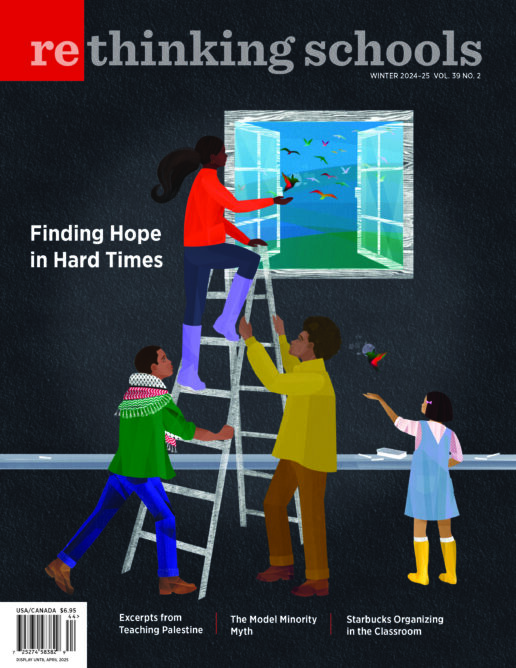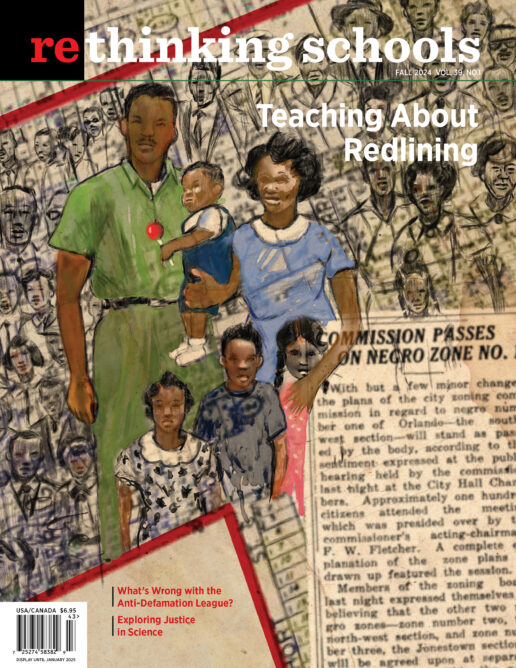-

The Library That Target Built
When Target donated a library “makeover” to a San Francisco elementary school, the district’s anti-branding policy wasn’t enough to keep the students from being engulfed by corporate messaging.
-

La biblioteca que construyó Target
Cuando Target le donó a una escuela primaria en San Francisco la remodelación de su biblioteca, la política del distrito en contra de las marcas no fue suficiente para impedir que los estudiantes fueran bombardeados por mensajes corporativos.
-
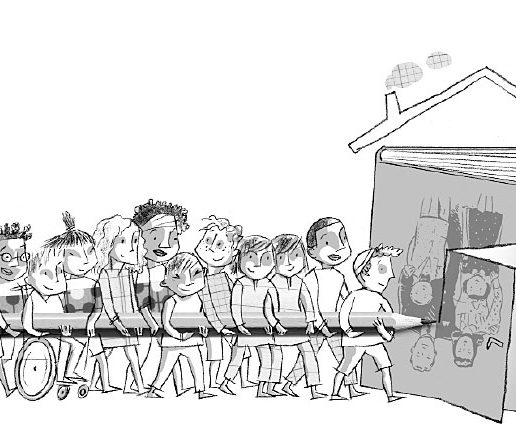
Disarming the Nuclear Family
Creating a classroom book that reflects the class
Most children’s books—even those with animals as the protagonists—portray families with two heterosexual parents. A 2nd-grade teacher has her students create a book that represents their own more diverse families.
-

El desarme de la familia nuclear
Un libro que refleje la realidad del salón de clases
La mayoría de libros para niños -hasta los que usan animales como protagonistas- retratan a las familias con dos padres heterosexuales. Una maestra de 2do grado pide que sus estudiantes creen un libro que represente la diversidad de sus propias familias.
-
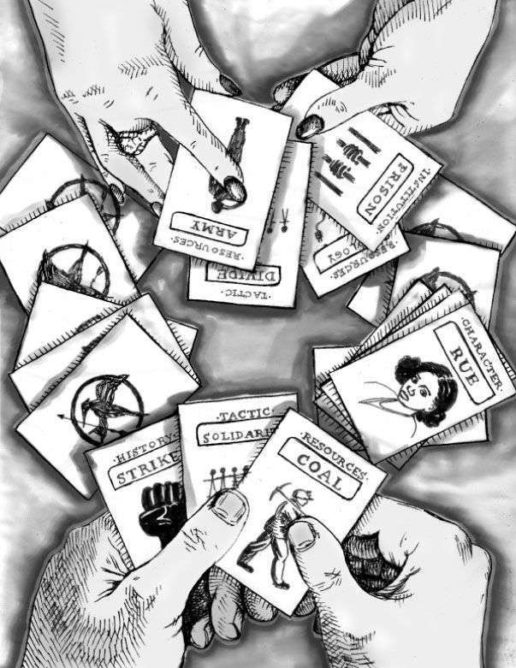
“May the Odds Be Ever in Your Favor”
Teaching class and collective action with The Hunger Games
The Hunger Games becomes the basis for a role play that deepens students’ understanding of social class and its impact on alliances and resistance.
-
“Que las probabilidades estén siempre a su favor”
Enseñar sobre las clases sociales y la acción colectiva a través de Los juegos del hambre (The Hunger Games)
Los juegos del hambre se usa como base para una dramatización que profundiza el conocimiento de los estudiantes sobre la clase social y cómo esta impacta las alianzas y la resistencia.
-
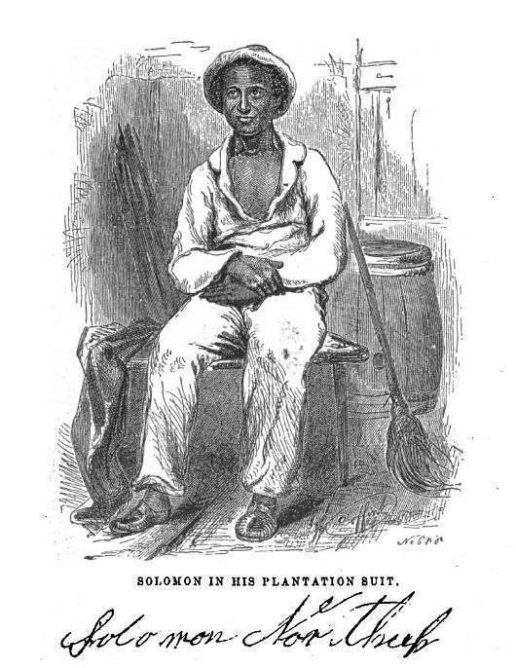
’12 Years a Slave’: Breaking Silences About Slavery
A teacher educator puts the award-winning 12 Years a Slave in the context of other films used to teach about slavery.
-
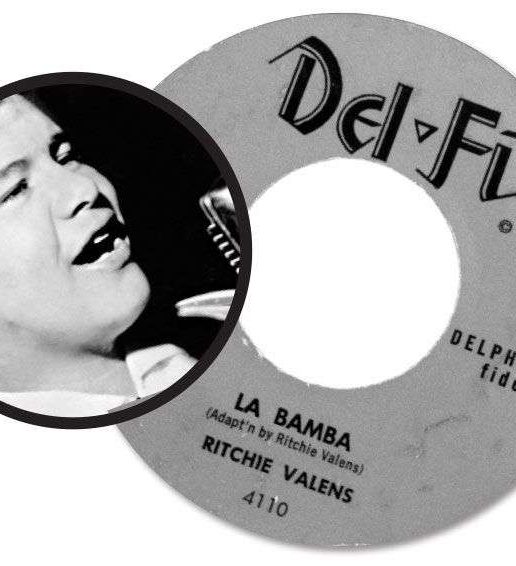
Singing Up Our Ancestors
Students learn some cultural history, “raise the bones” of a biographical poem, and then write their own.
-

Independence or Catastrophe?
Teaching Palestine through multiple perspectives
A social studies teacher uses conflicting narratives to engage students in studying the history of Palestine/Israel, focusing on the events of 1948.
-
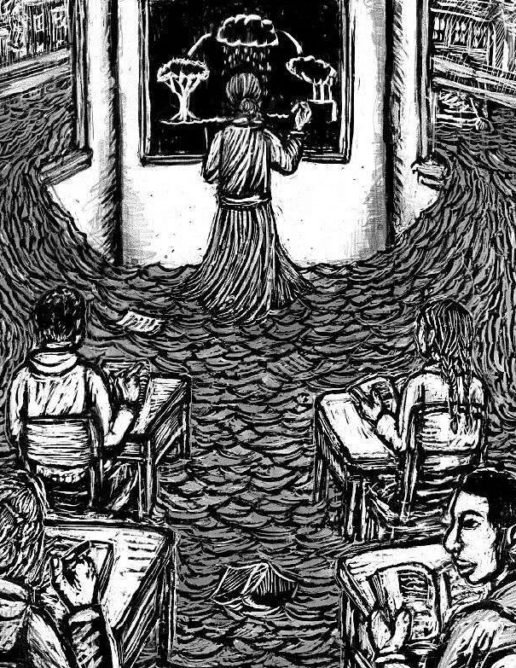
Carbon Matters
Middle school students get carbon cycle literate
A 6th-grade teacher uses the carbon cycle to help students understand climate change. Along the way, she deals with a parent who wants her to give equal time to “climate change is a myth.”
-
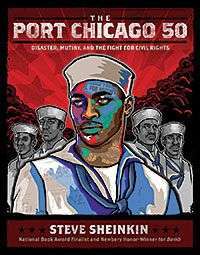
Our picks for books, videos, websites, and other social justice education resources 28.4
Check out these valuable resources, reviewed by Rethinking Schools editors and Teaching for Change colleagues.
-
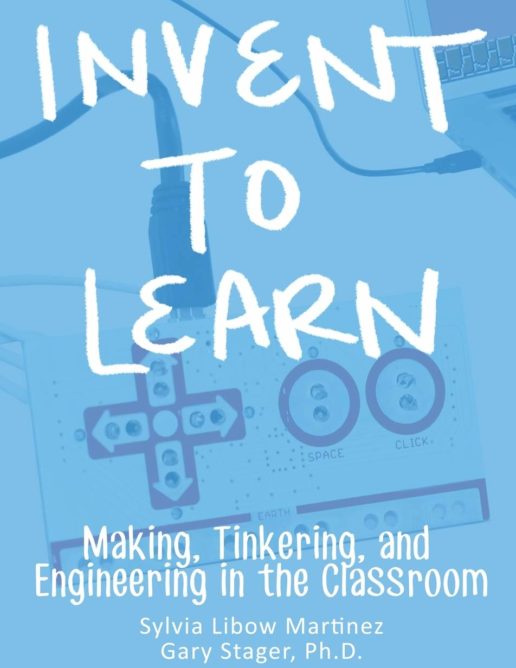
Affirmations
Invent to Learn: Making, Tinkering, and Engineering in the Classroom By Sylvia Libow Martinezand Gary Stager(Constructing Modern Knowledge Press, 2013) Sylvia Libow Martinez and Gary Stager’s Invent to Learn is […]
-

Targeting Books and Films
The privatization of public schools comes in many guises, as San Francisco teacher-librarian Rachel Cloues shows in her article in this issue, “The Library that Target Built.” We live in […]
-
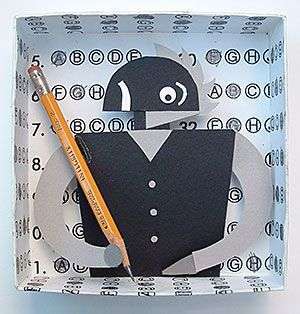
David McLimans
Since 2003, David McLimans (1948-2014) contributed significant illustration art to these pages, most recently for the articles about Teach For America in Rethinking Schools’ spring 2014 issue (pp. 39 and […]
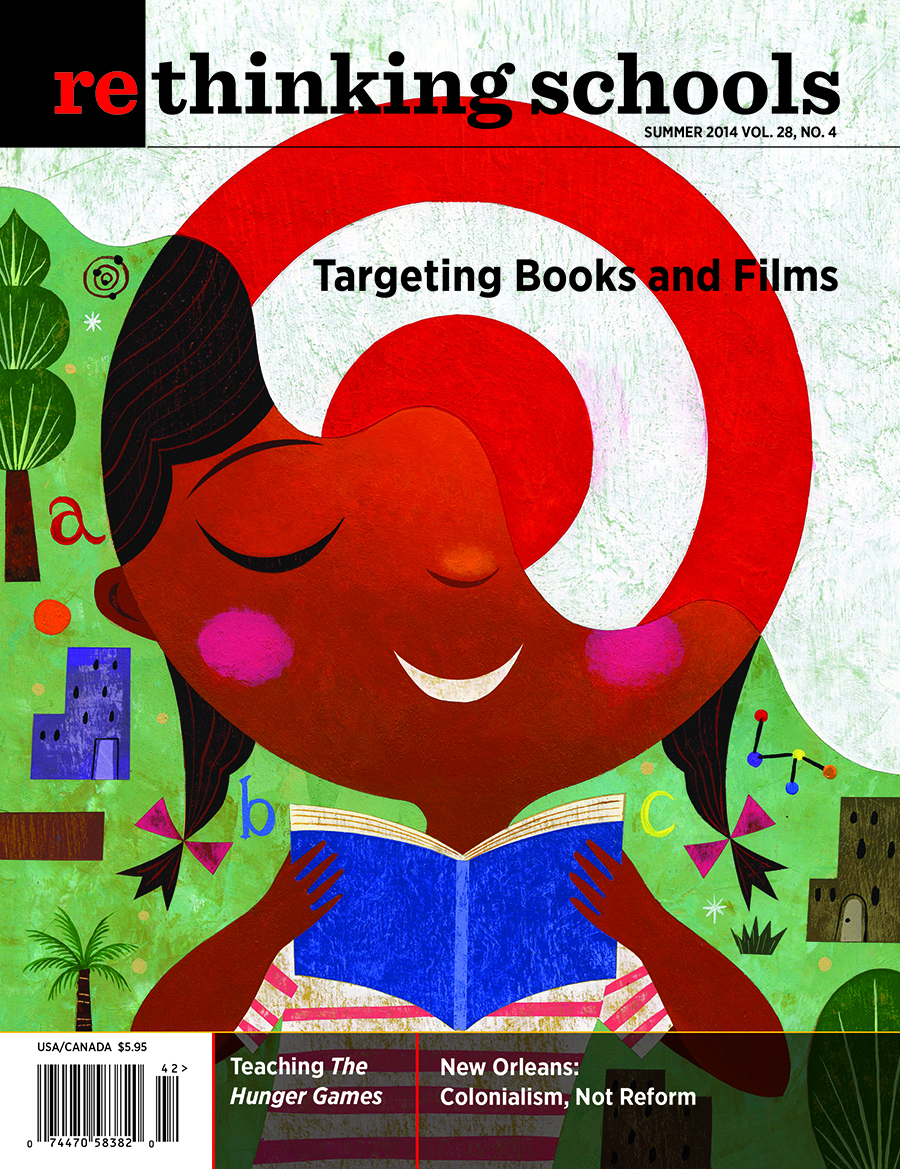
Volume 28, No.4
Summer 2014
Annual Subscription: $24.95
Purchase Digital Copy: $4.95
To purchase individual paper copies of the magazine email us or call customer service at 1-800-669-4192



